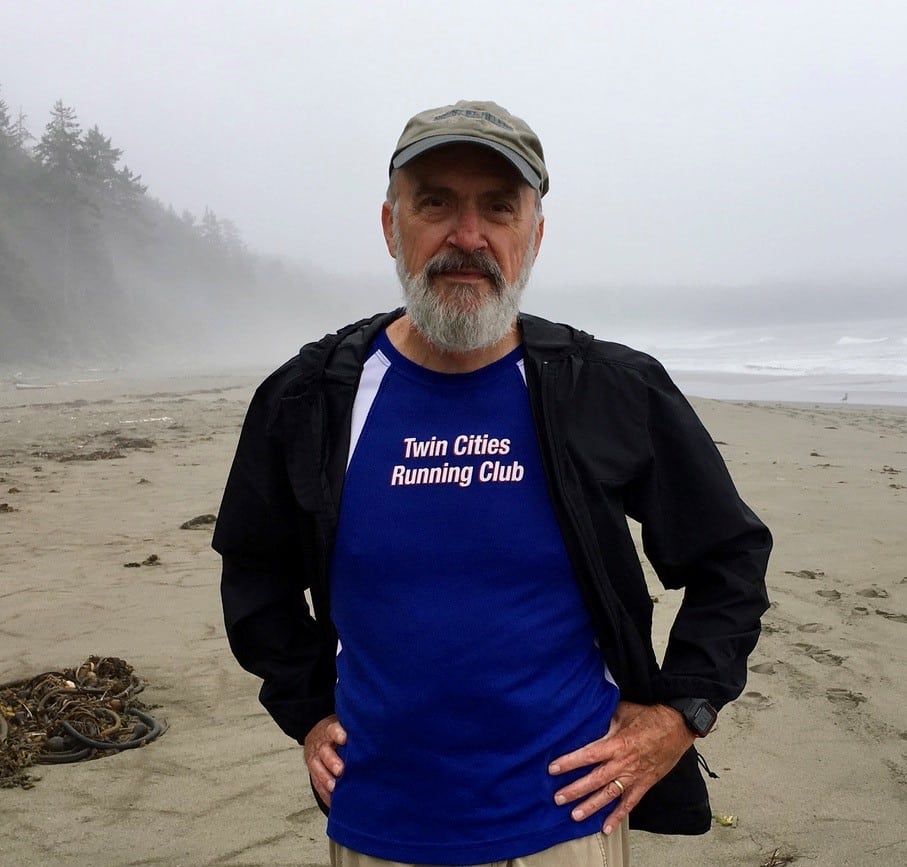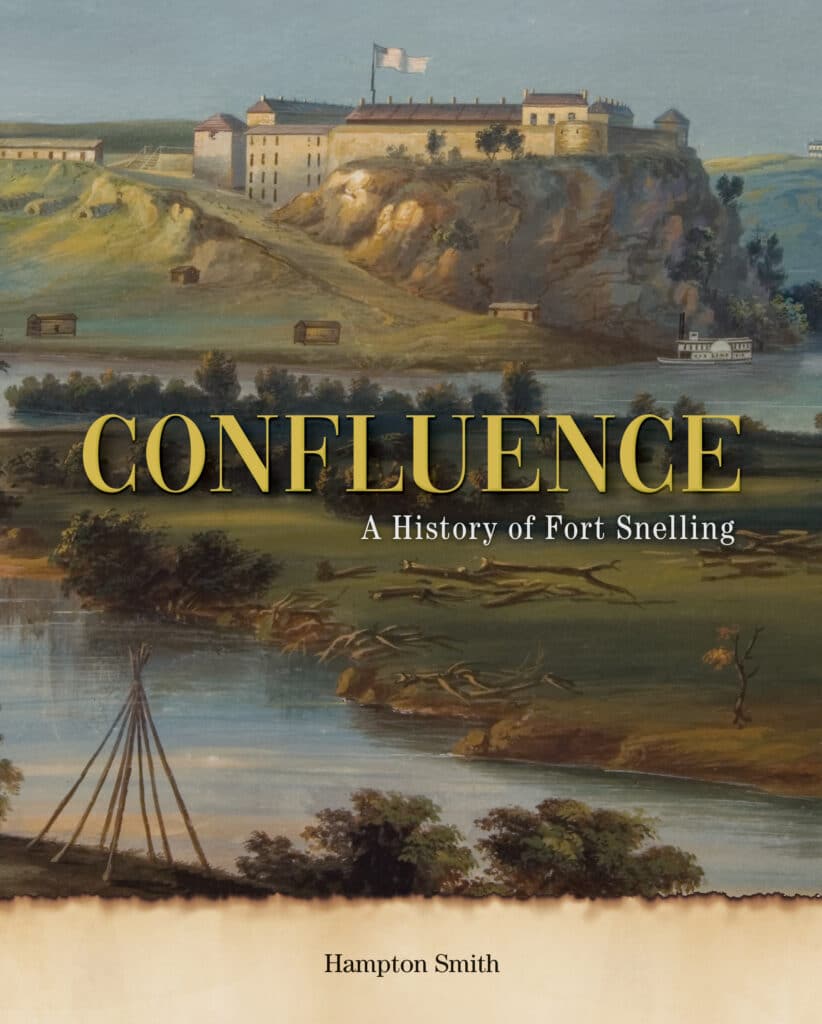Hampton Smith, author of Confluence: A History of Fort Snelling
Emilie Buchwald Award for Minnesota Nonfiction, sponsored by Bookmobile
Each week leading up to the 34th annual Minnesota Book Awards Ceremony, we are featuring exclusive interviews with our 36 finalists. You can also watch the authors in conversation with their fellow category finalists here.

Would you tell us one or two things about your finalist book that you are particularly proud of, and why?
I believe Confluence succeeds in telling some of the lesser-known or previously unpublished stories about Fort Snelling and its place in the wider context of United States history and the history of Minnesota.
What do you hope that your audience learns or takes away from your book?
I hope that readers gain an appreciation of the complexity of our shared past. That they understand how attitudes and prejudices of previous centuries still influence the present. Fort Snelling was at the center of constant change, some of it tumultuous and painful, for the better part of two centuries. It began as an outpost of a burgeoning, often grasping, new republic seeking to expand its influence over native peoples and acquire their ancestral lands. The fort ended its official career as an obsolete post located in the midst of a world power spanning a continent. Today it is a historic site that seeks to bring to the public a wider understanding of the changes witnessed at the fort, and a realization that people in the past lived lives as complex and challenging as our own.

What advice would you give to an aspiring writer with an interest in your category?
Read widely and with an open mind, both primary and secondary sources, but always be aware that the people who created the records and wrote the histories had their own viewpoints and prejudices.
Tell us something about yourself that is not widely known.
I enjoy running, even though I’m old and slow. Running the trails at Bdote (Pike Island) and near Ft. Snelling have actually inspired some of my insights into the history of the Fort.
Minnesota enjoys a reputation as a place that values literature and reading. If this sentiment rings true for you, what about our home state makes it such a welcoming and conducive place for writers?
I think there are several factors: the general level of education, the presence of local small press and academic publishers and the past and present authors of national and international reputation who have roots here.
Since the onset of the pandemic in early 2020, virtually everything about our lives has changed in some way. Has COVID-19 (and its fallout) impacted your writing habits and preferences? Has the unique zeitgeist of the past two years influenced your writing output in any other ways that you can pinpoint?
I’ve been doing a lot of reading, fiction as well as nonfiction. I have enjoyed rereading books that I first encountered years ago and discovering authors new to me as well. I am frustrated that there is such limited access to the Minnesota Historical Society library as I have a project I would love to work on.
Hampton Smith, a former reference librarian at the Minnesota Historical Society, is the editor of Brother of Mine: The Civil War Letters of Thomas and William Christie.

